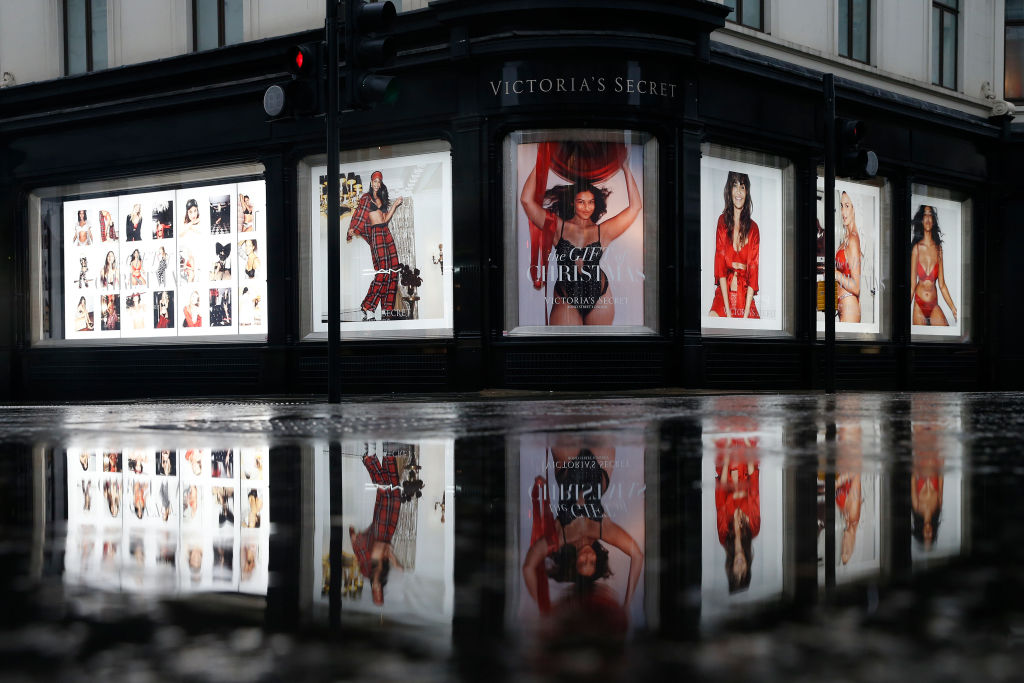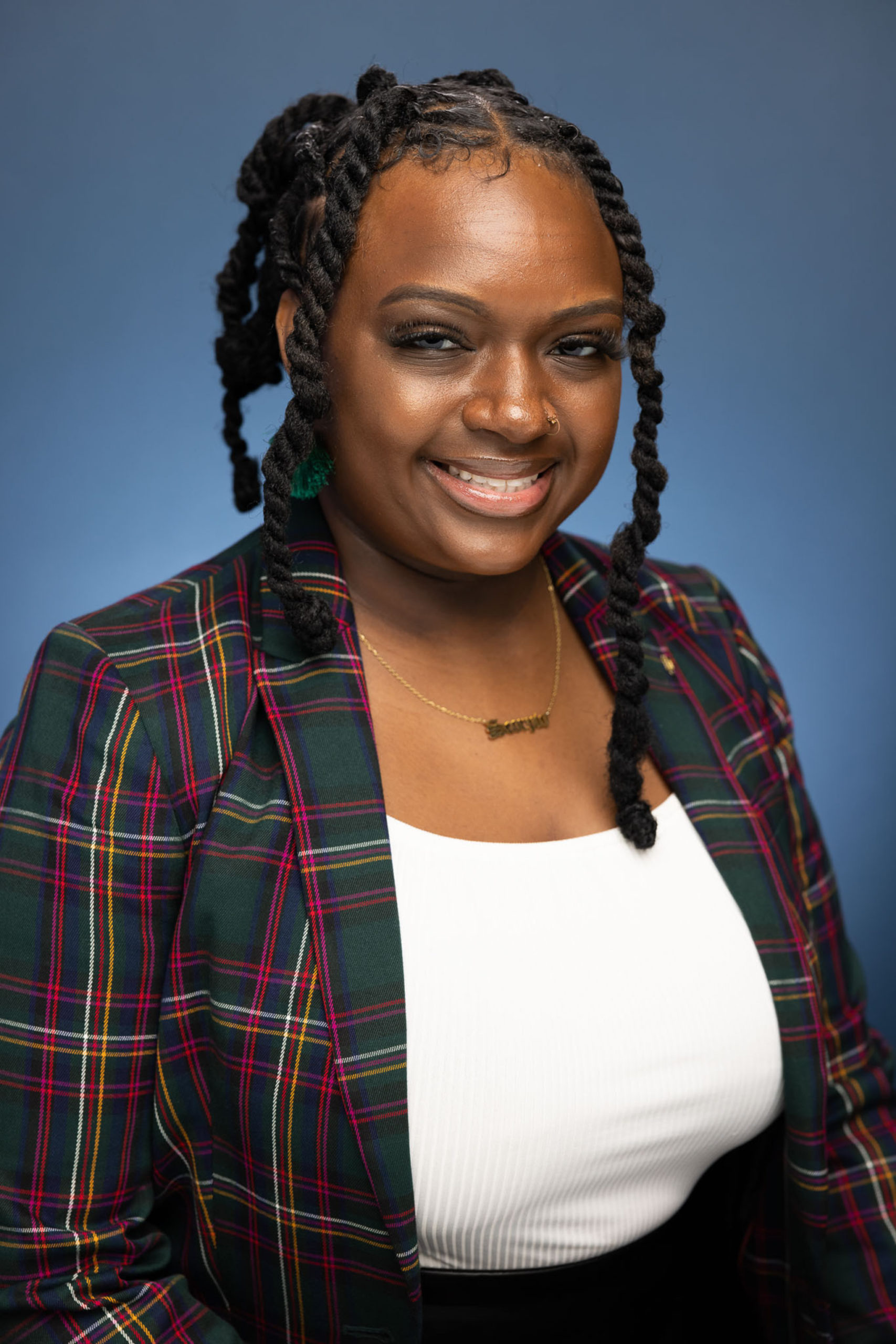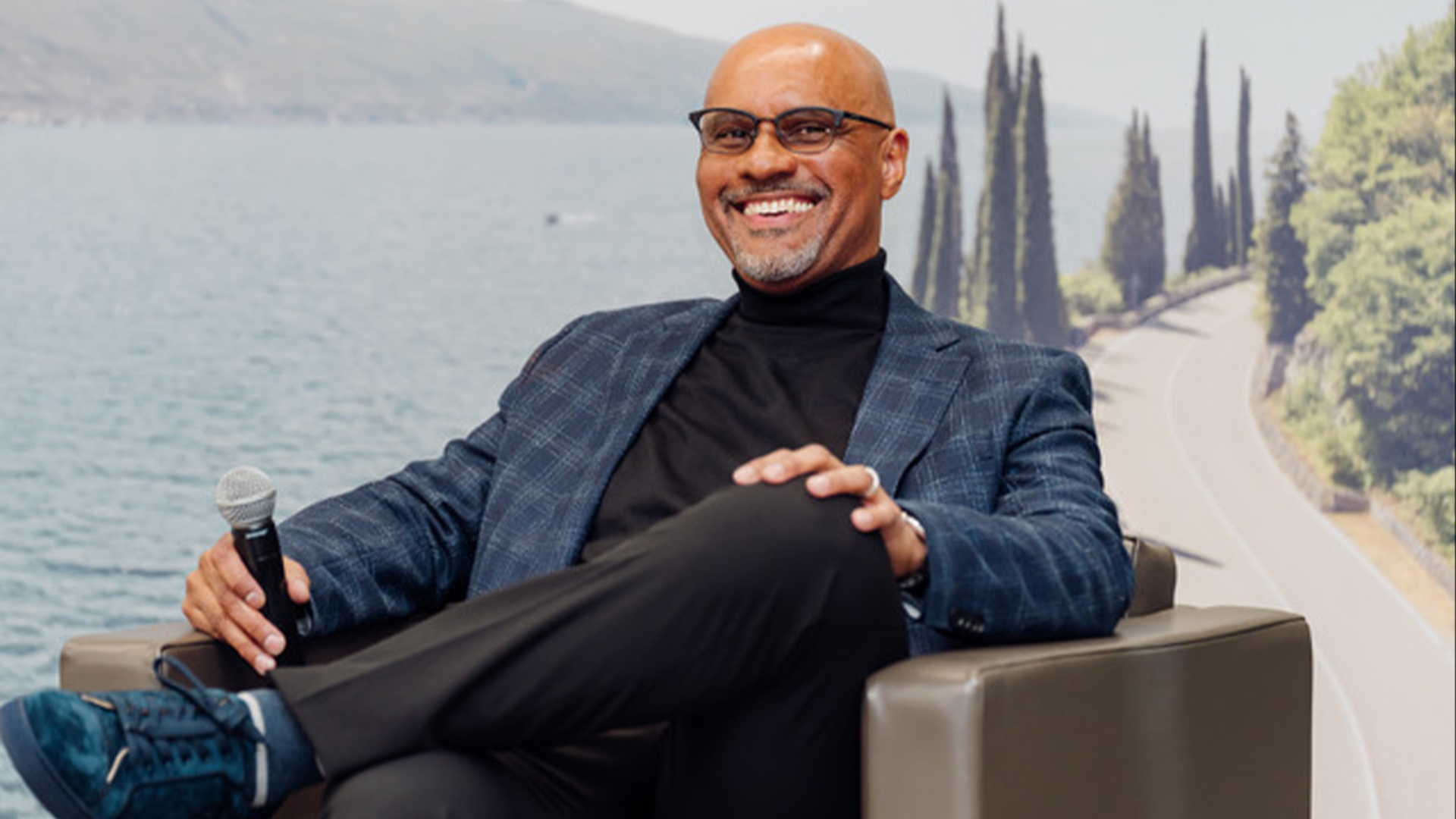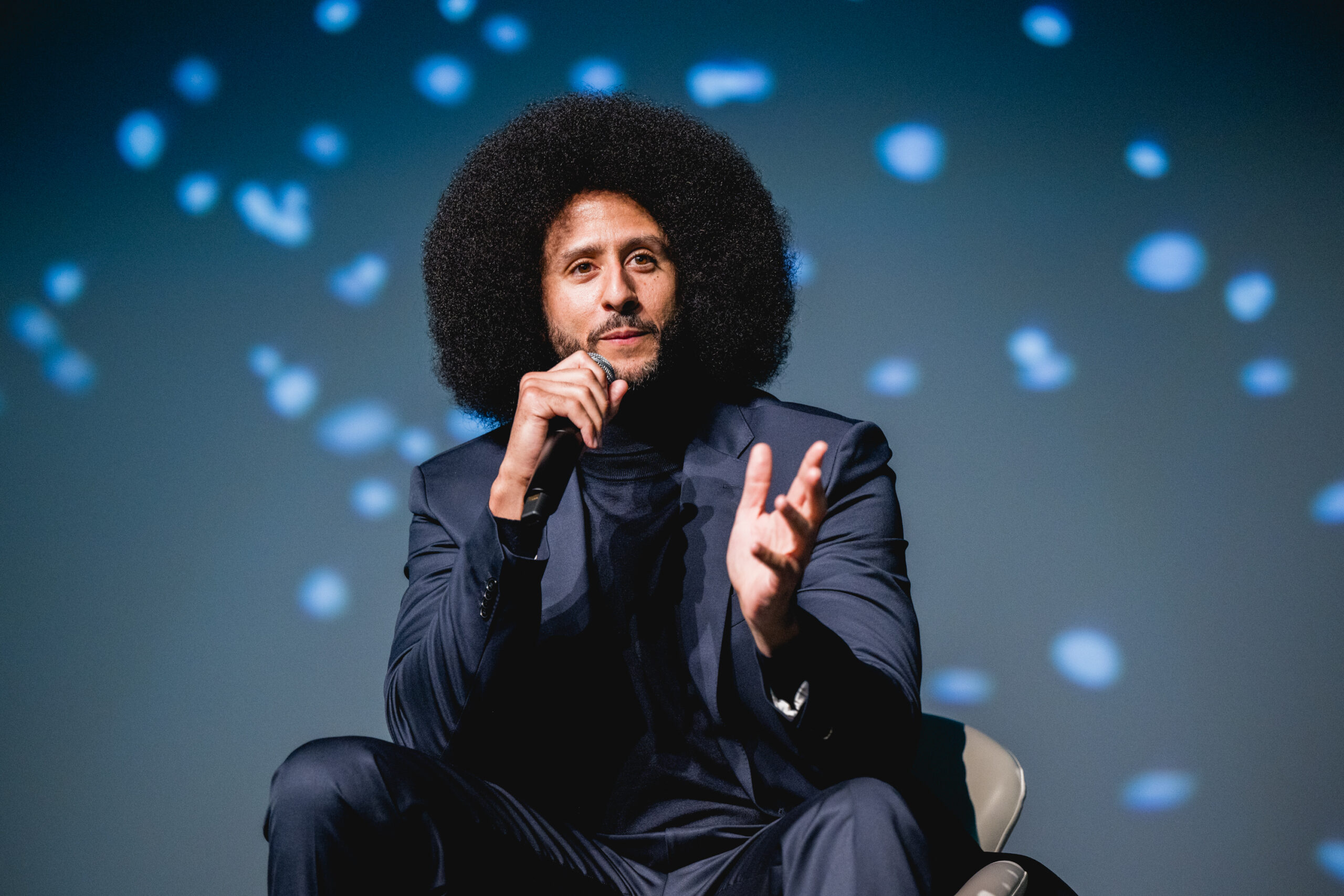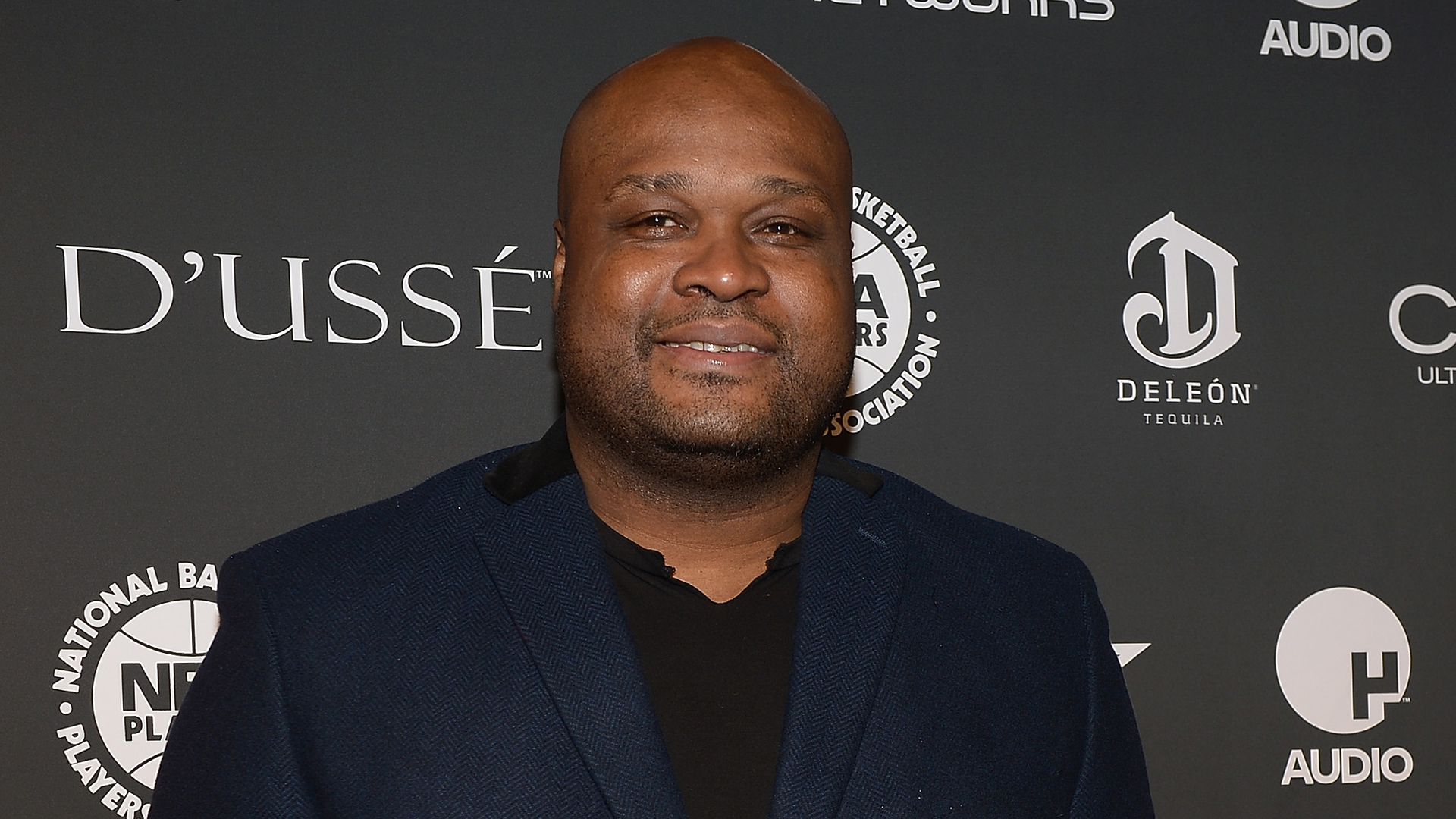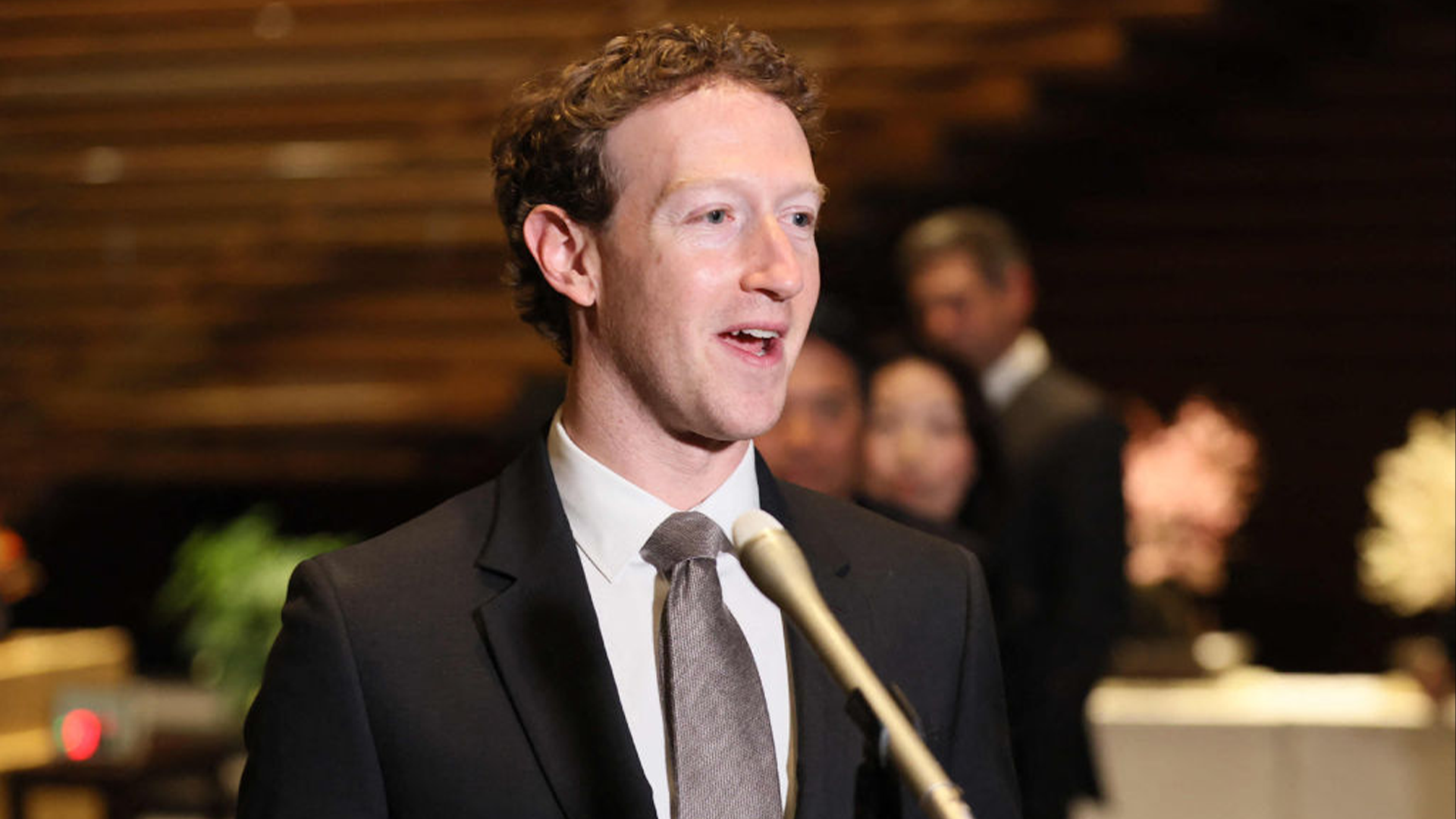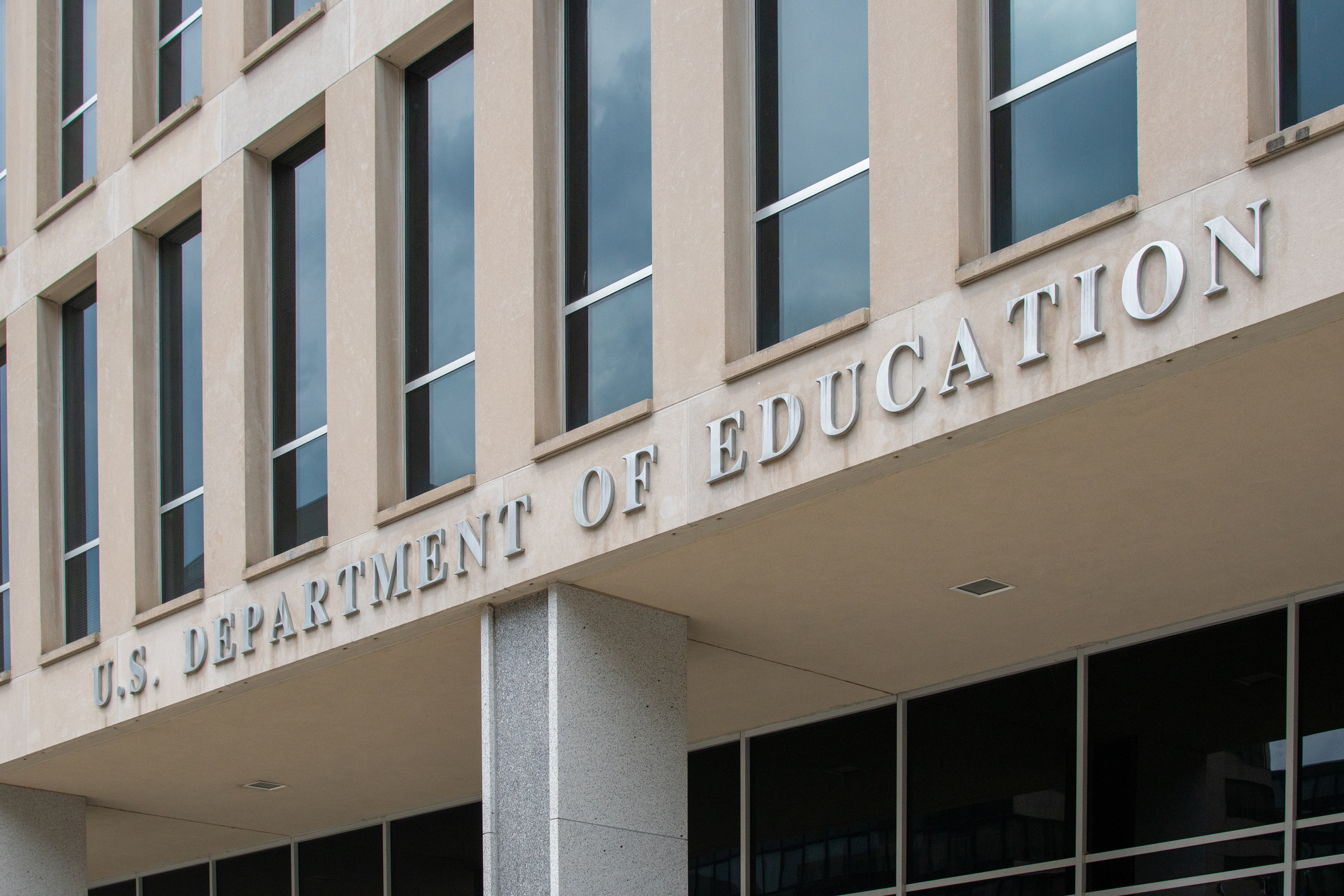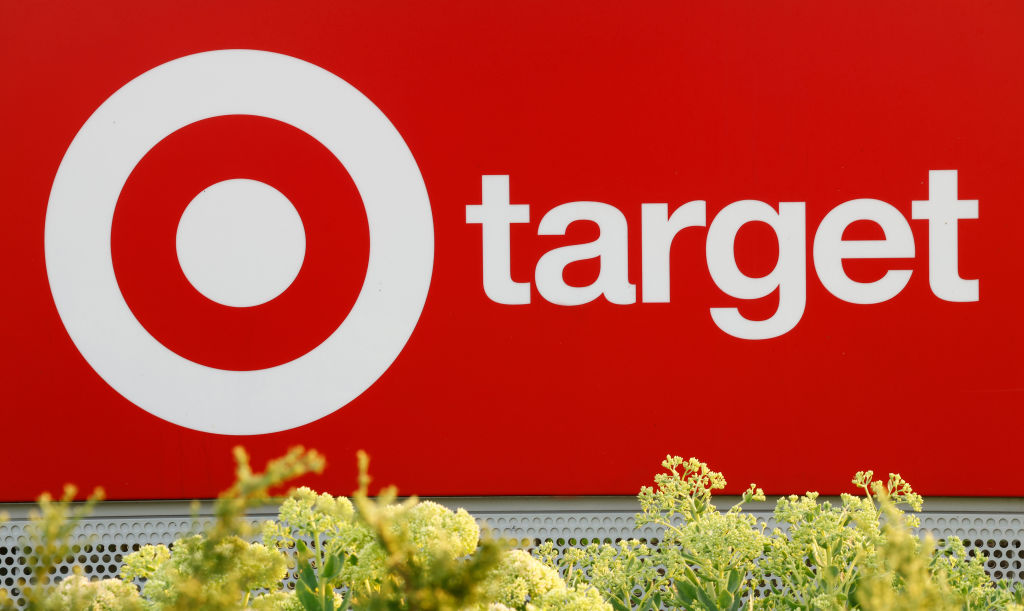Victoria’s Secret is looking to make a change.
The renowned company — known for its focus on fashion-inspired intimates, lingerie, casual sleepwear, athleisure, body care, and beyond — has just joined other organizations focused on championing Black suppliers.
According to Bloomberg, the lingerie giant has made a commitment to not only increase the amount of business they’re conducting with Black-owned firms but also promote more Black workers.
Through the Fifteen Percent Pledge, they will work to gather data and pinpoint a system that aims to reach a point where at least 15 percent of its suppliers are Black-owned firms. This amount will bump the number from one percent to around two percent.
A True Commitment To Change?
After Rihanna successfully launched Savage X Fenty, Victoria’s Secret has faced scrutiny for its lack of diversity and inclusion in its marketing strategy approach. Other competition like ThirdLove also played a significant role in the company’s decision to completely rebrand, firstly starting with an exit from its parent company, L Brands, in August 2021, after what they say is a result of the pandemic.
Now, the company operates under the name Victoria’s Secret & Co., and its board is made up of mostly women.
“I’m a firm believer in what gets measured gets done,” said Chief Diversity Officer Lydia Smith on the company’s latest strategy to become more inclusive.
Along with the latest Fifteen Percent Pledge commitment, Victoria’s Secret has also made a promise to provide more Black employees with opportunities to level up throughout the company. Currently, Black associates account for 10.8 percent of the “company’s total promotions.” By 2027, Smith reveals that the goal is to increase that number to 15 percent.
A More Diverse Future
As more consumers urge brands to show proof of their commitment to diversity and inclusion through company metrics, marketing, and beyond, the brand has plans to join the ranks of those who have been releasing its diversity reports. In April, the company released its first ESG report.
